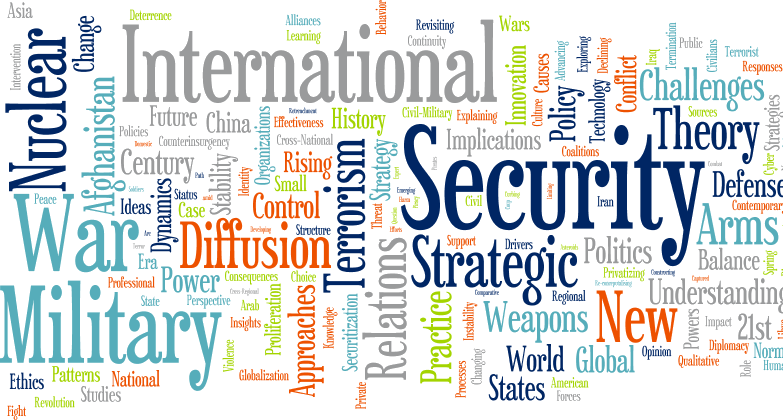The actors in modern warfare and contemporary conflicts have dramatically changed in the 21st century and especially after the terrorist attacks of September 11. We see the rise of non-state actors in contemporary conflicts along with the rise of Private Military Companies (PMC’s). PMC’s are seen as the contemporary evolution of age-old mercenaries that provide tactical military capability and are essentially known as “guns for hire”. Mercenaries have a bad historical reputation of (rape, pillaging, and conquest) and this sentiment carries on today since there is a different moral judgment placed on mercenaries who are known for selling their services as compared to a soldier fighting under the flag of his or her country. These different moral implications affect public perception towards PMC’s and also raise questions and various concerns about the privatization of security and warfare.
In the documentary Shadow Companies, a Professor of Ethics Eike Kluge states that there is a fundamental difference between a mercenary and a soldier. An ordinary soldier has a legitimate use of force that allow them to engage in activities that might be consider murderous or criminal while a mercenary lacks that immediate social justification and it may be seen as an illegitimate use of force. The Soldiers also fight on behalf of a government and under the flag of a country while PMC’s fall under the private domain. These fundamental differences between soldiers and mercenaries explain certain moral judgments placed on PMC’s. Soldiers are perceived as dignified moral agents fighting in behalf of their country and are memorialized and respected by the public. Allan Bell, CEO of Globe Risk, notes that twice as many contractors have died in Iraq and Afghanistan but these numbers are not reported and the public doesn’t even bat an eye.
These different moral implications facing PMC’s may arise as a result of the increasing privatization of security. Warfare and conflicts have tended to be in the realm of the government and states but now that the trend is for states to “outsource” their conflicts to PMC’s. For example in the Gulf War in 1991 1/100 soldiers were private contractors, but in the Iraqi war 1/10 are private contractors and there is approximately 20,000 private military contractors in Iraq. There’s no denying that PMC’s have played a huge role in the wars in Iraq and Afghanistan and it is likely that they will also play a significant role in future conflicts.
Professor Aim asked Allan Bell a pertinent question if he thought that what his company, Globe Risk, does cannot be done by governments? Mr. Bell’s response was that his company protects nouns (persons, places, and things) and soldiers and the military does not necessarily want to focus on protecting nouns because they are busy trying to fight the “bad guys”. There is a need to protect people and infrastructure and his company provides that kind of private security. They also train local security personnel to be able to eventually take charge of their own country’s security. Mr. Bell also noted that even special operations teams have been franchised out and outsourced to Private Military Companies because he says that the Americans are willing to do command and control but usually have other special ops teams as boots on the ground because they don’t want to face casualties to their own military.
Issues of the accountability of Private Military Companies are also questioned since they are private entities separate from the military and face different rules of engagement. According to the documentary Shadow Companies, under the Coalition Provisional Authority the quasi-government set up in Iraq by the U.S., private military contractors don’t fall under Iraqi law. With over 20,000 contractors in Iraq not even one has been charged of a crime. It seems like they have a free for all pass since private military contractors are not tied to the laws they come from or to the laws where they are engaging in security conflicts. If they don’t fall under Iraqi law when they are there and are not apart of the military jurisdiction then to whom are they accountable to and what ensures that they have a legitimate use of force?
There are “Rules of Engagement” that PMC’s rely on when they exercise force, for self defense, to protect their noun, and to protect civilians. According to Mr. Bell, private security contractors can only shoot if their lives are in danger and if their client is in danger. However these rules of engagement are not always followed since there are contractors without proper military training or combat expertise and Mr. Bell even stated that some mercenaries might have even gotten away with murder.
In contemporary conflicts we cannot ignore the fact the Private Military Companies and private contractors have played an increasing role. However, we need a proper and withstanding set of rules and regulations that govern PMC’s and keep them accountable for their actions. Since PMC’s are global entities now and different contractors come from all over the world, there needs to be an international Authority that ensures that the PMC’s are legitimate and ethical to provide proper accountability.
